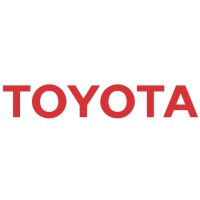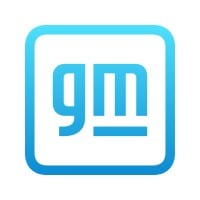
Toyota North America
At Toyota, we’re known for making some of the highest quality vehicles on the road. But there is more to our story. We believe in putting people first and creating opportunities for our team members to build careers as unique as they are. As one of the world’s most admired brands, we are leading the way to the future of mobility, so everyone can move freely, happily and comfortably. We have big dreams and believe that nothing is impossible. Ready to Dream, Do and Grow with us?






